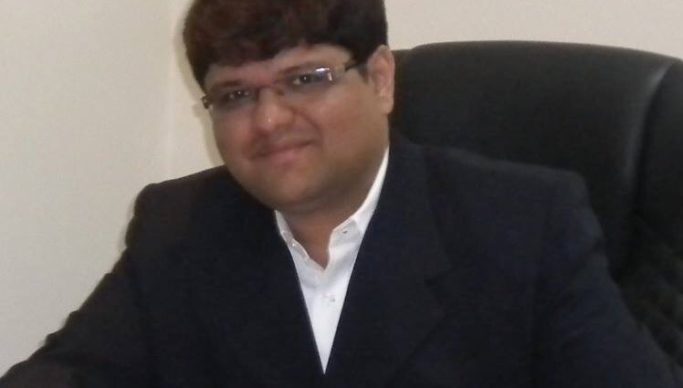
WHY WILL – 9
Arjun: Lord, please give me some other useful tips for the drafting of Will.
Shri Krishna: Whatever you give through a Will, it is called a bequest. There are two types of bequests – Specific and Residuary. Whatever you bequeath in the form of a specific thing to a particular person e.g. house to Mr A or ornaments to Mr B, Car to Mr C – these are called specific bequests.
Arjun: I follow. And, what is residuary?
Shri Krishna: Quite often, you forget to mention some of your assets. Sometimes an asset comes to you after you prepare a Will, but before you die. It is customary that after distributing the specific bequests, whatever remains i.e. rest and residue is bequeathed to an identified person.
Arjun: Tell me. What about the liabilities of a person?
Shri Krishna: That’s a good question. The testator needs to specify as to who will bear the liabilities. Normally, specific loans should go along with the relevant assets. E.g. unpaid housing loan should be borne by the person who receives the house. Usually, the general liabilities are to be borne by the residuary legatee, unless the testator specifies any other manner. If nothing is mentioned in the Will, the liabilities will be shared by various legatees in proportion to the value of assets they receive. An experienced person tries to avoid such ambiguities by making the things very clear.
Arjun: This is really very important.
Shri Krishna: One more thing. It is better to avoid joint bequest in respect of a house property. For example, if a house is given to son and daughter jointly, it may result in problems if there are disputes between them.
Arjun: But modern people prefer to treat son and daughter alike; so they want to give an equal share to the daughter.
Shri Krishna: You can always compensate her by some other mode, or give a conditional bequest to the son.
Arjun: What do you mean by conditional bequest?
Shri Krishna: You can direct that the son will get an exclusive right to the house if he gives a particular sum to the daughter.
Arjun: That’s a good idea. Even if there are no disputes as such, everybody may have different needs, different priorities. So, it is better to keep them independent.
Shri Krishna: For convenience, a testator can also make equitable distribution while he is alive by making a nomination of various assets to respective persons and state in the Will that each asset will belong to the respective person in whose name the nomination is made.
Arjun: This may be very convenient and simple.
Shri Krishna: So now, you should be able to make a proper Will. Right?
Arjun: Yes, Lord.
Om Shanti!!

